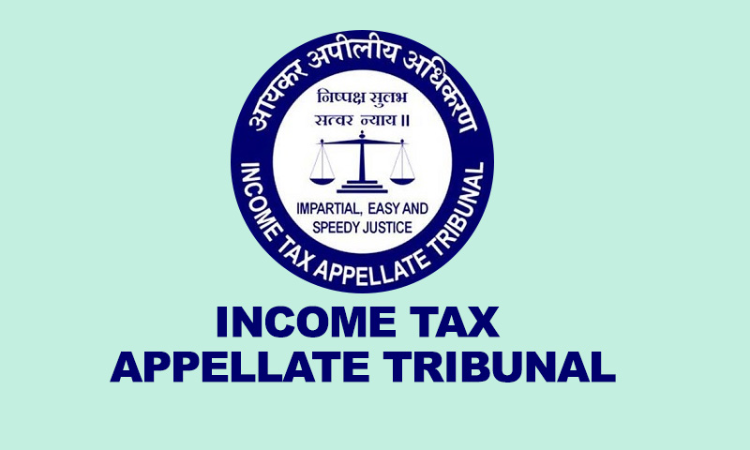Income Tax Deduction Allowable On Expenditure Incurred On Warranty Claim: ITAT
Mariya Paliwala
13 Jun 2024 8:25 AM IST

Next Story
13 Jun 2024 8:25 AM IST
The Delhi Bench of Income Tax Appellate Tribunal (ITAT) has held that the income tax deduction is allowable on expenditures incurred on warranty claims.The bench of Kul Bharat (Judicial Member) and M. Balaganesh (Accountant Member) has relied on the decision of the Supreme Court in the case of Rotork Controls India (P) Ltd., in which it was held that if the facts establish or show that...
